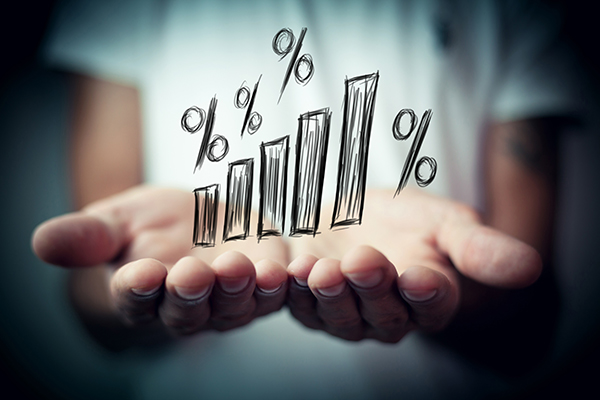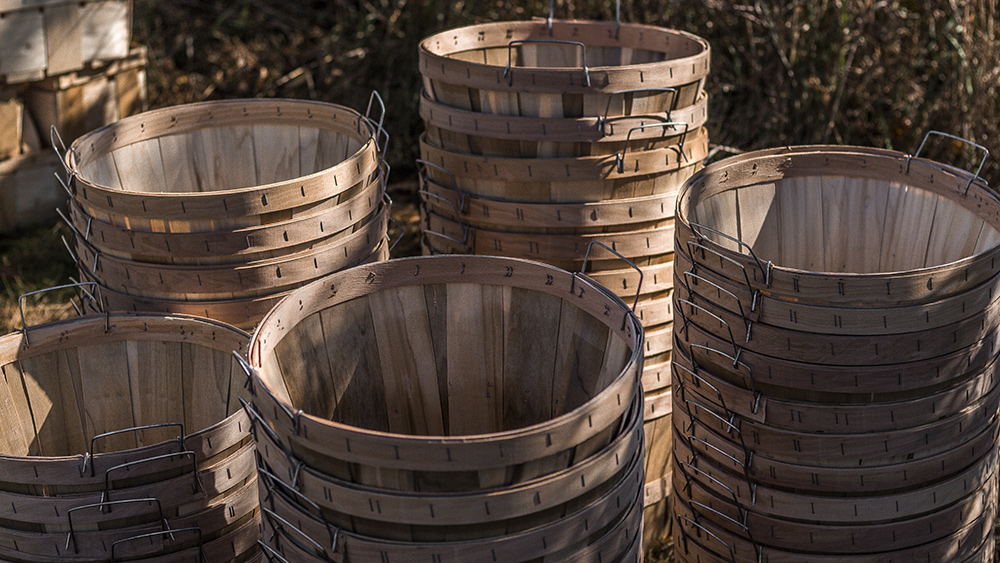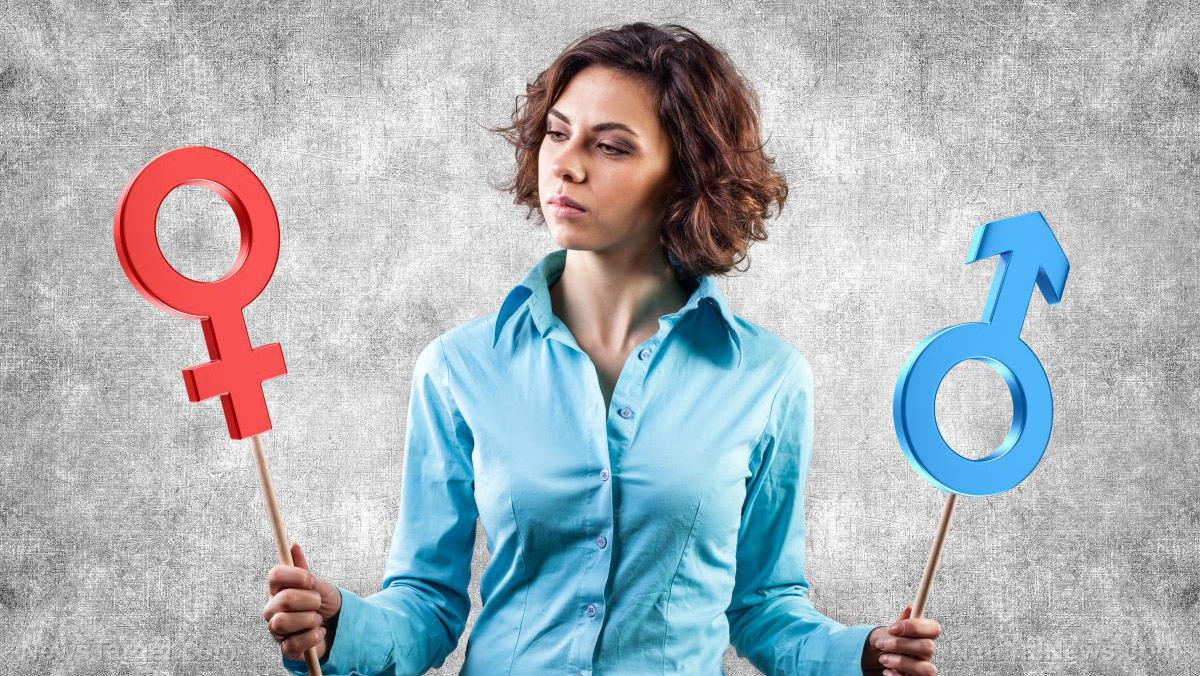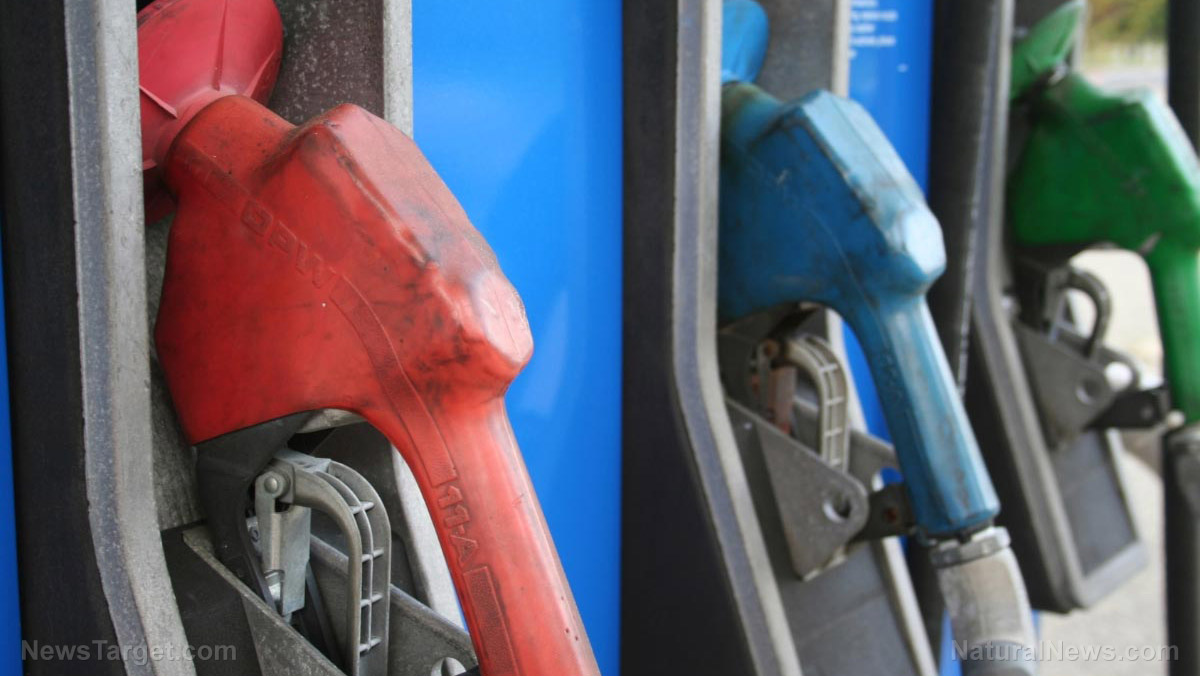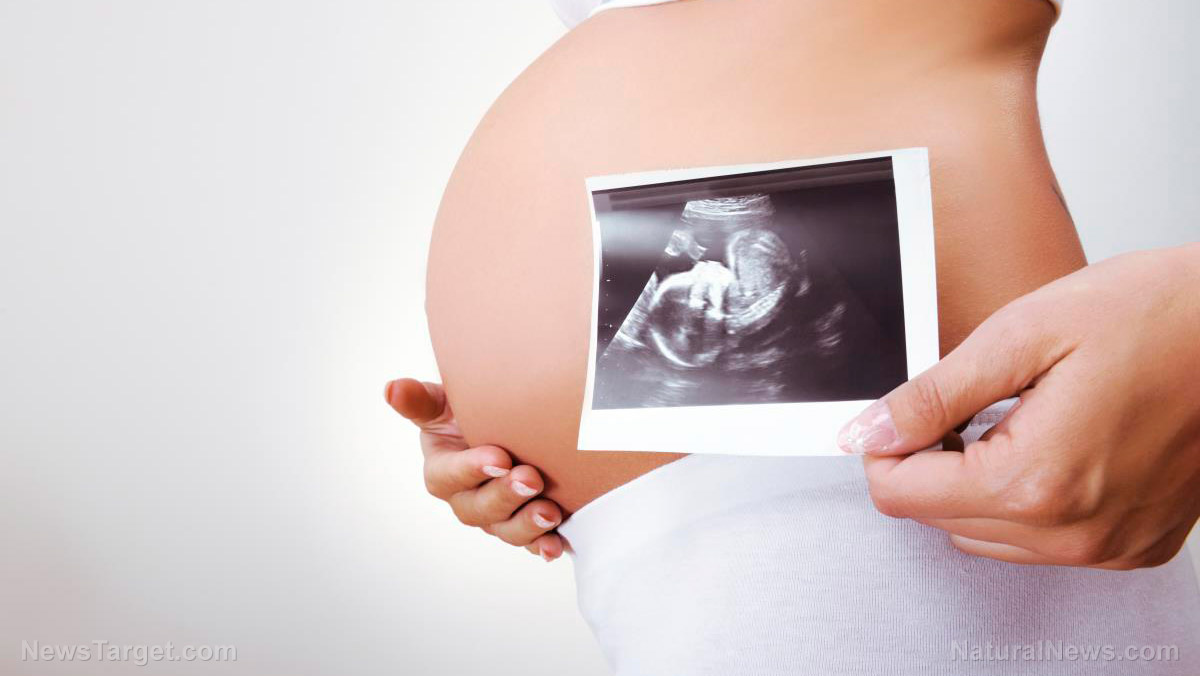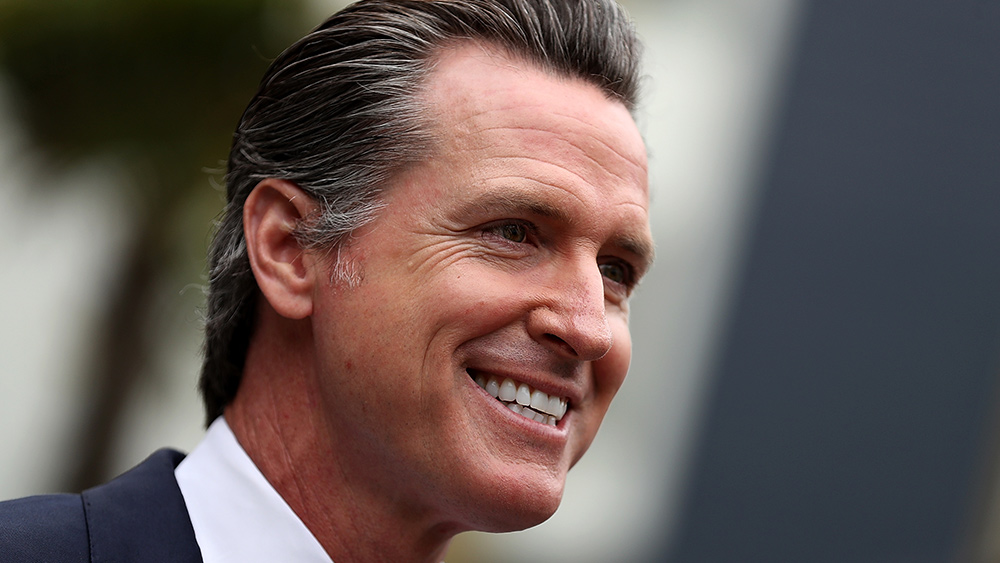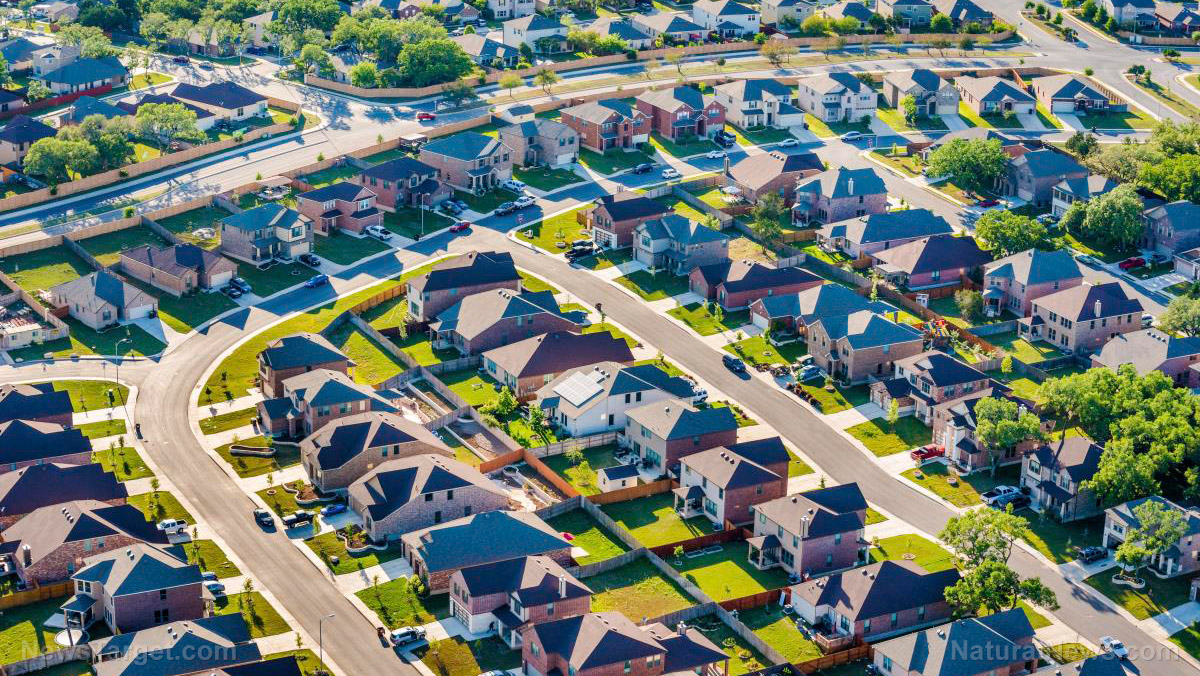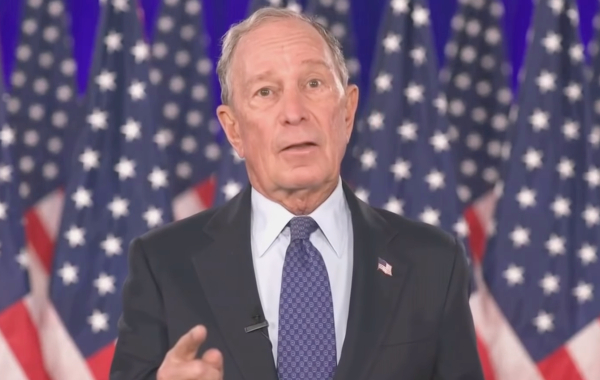New Zealand mulls taxing farmers for the burps and farts of their animals
06/15/2022 / By Mary Villareal

New Zealand is making itself a laughing stock while trying to address an imaginary problem called climate change. It is now proposing to charge farmers for the burps, farts and waste of their farm animals, such as cows and sheep.
A progressive and eco-friendly country, New Zealand’s sheep and cattle outnumber people. And some clueless authorities say these farm animals contribute to climate change in various ways, such as grazing on land that was clear-cut to make room for them and eating grains planted on what were once forests.
These animals are also known to create emissions in the form of a powerful greenhouse gas called methane. Methane is released as a byproduct of their digestion – or via their burps and flatulence.
Because they are part of a system of selling tradable emissions credits, New Zealand’s government wants to require ranchers to buy credits for the methane that their livestock produce.
New Zealand Climate Change Minister James Shaw said: “There is no question that we need to cut the amount of methane we are putting into the atmosphere, and an effective emissions pricing system for agriculture will play a key part in how we achieve that.”
Methane is the second-most prevalent greenhouse gas in the world, just after carbon dioxide. Since it causes much more warming than carbon in the first few decades after its release and dissipates in the atmosphere more quickly, the New Zealand government thinks it is essential to clamp down on methane emissions. (Related: Climate Hustle documentary to blow the lid on the global warming climate change con game.)
Interestingly, the majority of methane emissions come from human activity.
Burps more of an issue than farts
Although jokes have been made about governments wanting to ban cow farts, burps are actually more of an issue. Cows and sheep have stomachs with separate compartments, one of which is known as the rumen chamber. The rumen chamber is filled with microbes that break down the plants that they eat, and in the process, produce carbon dioxide and methane, which they then burp into the atmosphere.
Ranchers in New Zealand keep around 10 million cattle and around 26 million sheep. While the latter animals are used for the production of wool, cows are used not only for the production of meat and meat products but also for dairy.
The proposed law means that farmers will have to pay for the gas emissions from their livestock from 2025. However, the plan also provides incentives for farmers to reduce emissions, such as feeding their livestock with a special diet that avoids creating greenhouse gases, such as seaweed instead of the typical grass or grain. They can also offset the emissions by planting trees.
This is a very bureaucratic process that causes high costs for the cattle breeders and gives them additional work.
An estimate showed that methane emitted by livestock accounts for about 5.5 percent of greenhouse gases from human activity. However, the total greenhouse gas emissions from all livestock, including manure storage and so on, account for around 14.5 percent of all global emissions.
The money from the new climate tax will then be invested in the research, development and advisory services for farmers. In the end, this will make cow and lamb products, including wool, from New Zealand more expensive, but it won’t necessarily lead to effective and long-term measures that support the government’s so-called climate protection plans. (Related: Oregano may help save the planet by reducing methane emissions from cow farts… Yeah, really.)
Left-wing countries may follow similar tax plans
It is only a matter of time before other left-wing countries adopt and implement similar ideas, especially in Europe. With the corresponding consequences for food prices, there have been proposals to levy a climate tax on meat to reduce production and consumption.
There have also been demands that for every ton of carbon dioxide released into the atmosphere during the production of milk and meat, a climate tax of 60 euros ($62.75) should also be levied. This action could reduce meat consumption by 15 percent.
The World Economic Forum and other globalist international organizations aim to engineer a “great reset,” which is a world government based on climate hysteria and social control that wants to keep citizens from eating meat and instead consume laboratory-created food and bugs.
The WEF has already praised bug-eating as a food alternative for the sake of the planet. According to them, bugs are “rich in protein, healthy fats, and vitamins, and can be farmed at scale with a minimal footprint.”
Andrew Hoggard, a dairy farmer and the national president of Federated Farmers of New Zealand, said: “We’ve been working with the government and other organizations on this for years to get an approach that won’t shut down farming in New Zealand, so we’ve signed off on a lot of stuff we’re happy with.”
Follow Climate.news for more stories about how governments plan to combat climate change.
Watch the video of John Kerry below as he puts the blame on human activity as a harbinger of climate change.
This video is from the SecureLife channel on Brighteon.com.
More related stories:
Lunacy: Prince Charles backs proposal to make “burping cows” wear masks to “fight climate change.”
Climate lockdown: UCL professor advocating lockdowns to combat “climate change.”
Mad scientists say livestock need to be genetically modified to stop climate change.
Sources include:
Submit a correction >>
Tagged Under:
absurd, big government, carbon dioxide, cattle, climate, climate change, climate hoax, climate tax, cows, ecology, environment, green tyranny, Greenhouse Gas, insanity, left cult, lunatics, methane, propaganda, stupid
This article may contain statements that reflect the opinion of the author
RECENT NEWS & ARTICLES
COPYRIGHT © 2018 ABSURD.NEWS
All content posted on this site is protected under Free Speech. Absurd.news is not responsible for content written by contributing authors. The information on this site is provided for educational and entertainment purposes only. It is not intended as a substitute for professional advice of any kind. Absurd.news assumes no responsibility for the use or misuse of this material. All trademarks, registered trademarks and service marks mentioned on this site are the property of their respective owners.





